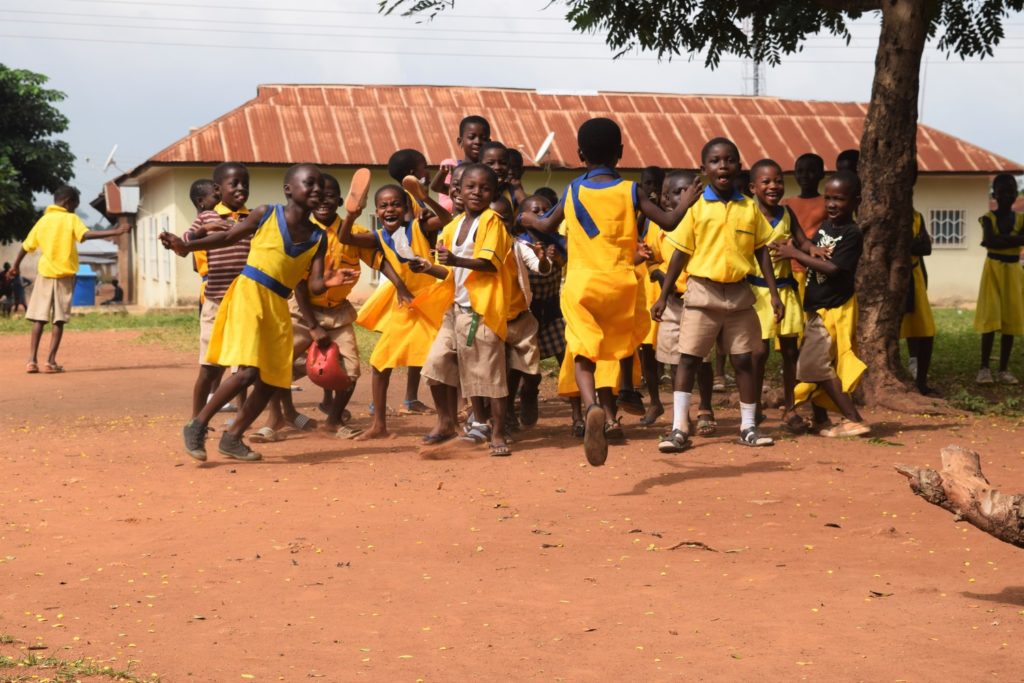Child Rights International (CRI), a non-profit organisation, has called on government to institute health programmes to boost the immune system of children against Covid-19.
The organisation’s call follows an outcome from a recent survey it conducted on ‘Covid-19: State of Children in Ghana’ which delved into how the virus has affected children in the areas of education, child protection and socio-economic activities and also the efficiency and effectiveness of the digital online platforms as well as its accessibility across country, recommending a step up in the campaign to make children understand the importance of adherence to protocols for the prevention of the virus.
Executive Director of CRI, Mr. Bright Appiah, speaking at the launch of the report in Accra, advised that there must be a comprehensive nutritional plan under the school feeding programme in schools on provision of regular information on nutritional values to the general public in order to maintain a strong system against Covid-19 in children.
Touching on the infection rate in Children, the CRI, referring to a nationwide data, said from March 11 to November 9, 2020, out of 49,202 who contracted the Covid-19 virus, 2,180 were children, representing 4.43% of the total contraction rate in Ghana.

On COVID-19 mortality, it revealed that, a total of 320 deaths have been recorded out of the 49,202 individuals who contracted the virus and of the 2,180 children who have contracted Covid-19, four deaths have been recorded within the age cohort of 0-14 years.
The report further added that, there was no mortality recorded in children between the ages of 15-17.
The report admitted that children had recorded the lowest admissions in all hospitals and majority of children who contracted the Covid-19 are asymptomatic and added that, whether children between the ages of 0-18 are efficient transmitters of Covid-19 is something that has not been established clinically in Ghana.
Touching on learning activities with children within this COVID-19 period, the report revealed that, for most children, the use of distance learning solutions has not been effective. Close to 89 per cent say distance learning platforms have not been an effective way for them to learn than traditional class room settings. Interviews of selected children revealed that an overwhelming number were eager to return to school since the alternative of being at home had become agonizing.
“Literacy activities have reduced drastically for these children due to school closure, and access to reading materials have become a great challenge. In returning our society and children back at any semblance of normalcy, these alternate systems must be considered and specific solutions crafted to resolve the outstanding challenges discovered during the onslaught of the pandemic.”
According to CRI, the research collected samples from 589 communities, town and cities in addition to nationwide data on Covid-19, provided by the Ghana Health Service (GHS) and secondary data from other sources were included in the research and used both qualitative and quantitative methods to arrive at the conclusion.




















